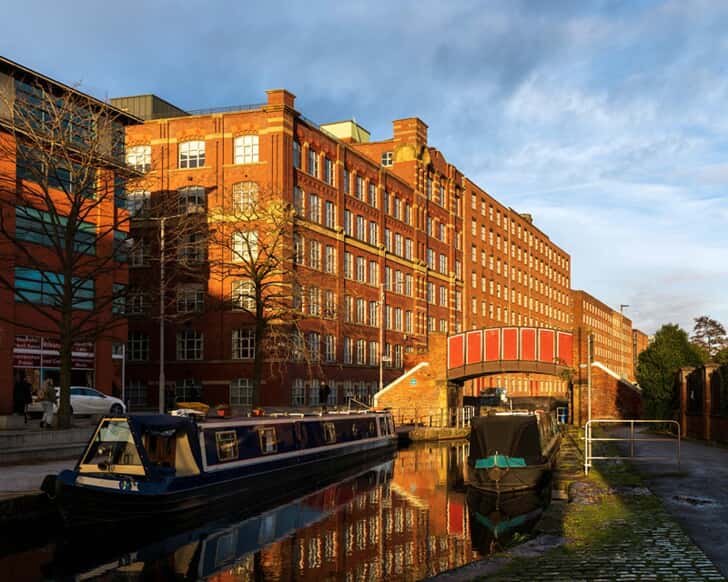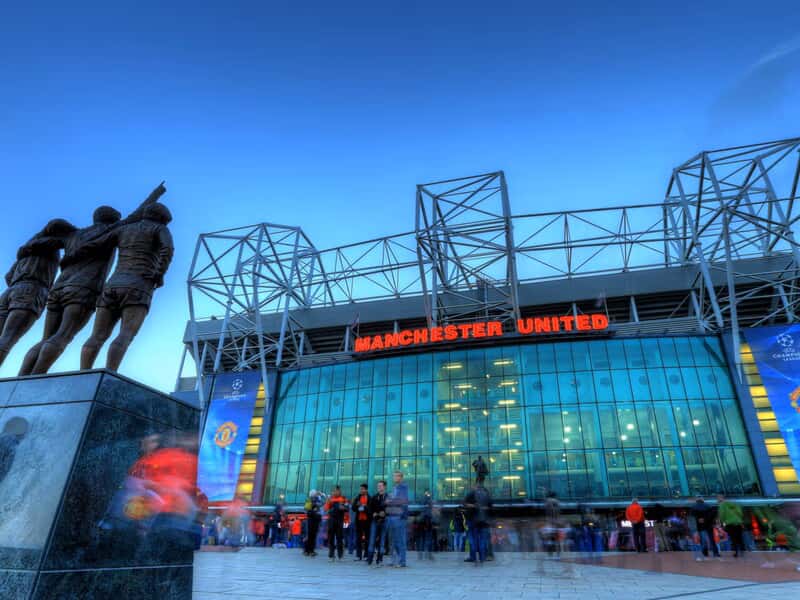
Every community has its tribal markers: loyalties, affiliations and identities that bind people together whilst simultaneously dividing them from others. For businesses, these cultural identities create both opportunities and risks. Acknowledge them too explicitly and you risk losing half your potential customers. Ignore them entirely and you appear aloof from the community you serve.
The challenge lies in creating signage strategies that celebrate local identity and community pride without excluding those who don't share specific affiliations. This balancing act requires understanding how to serve and celebrate your community without divisive tribal positioning.
Understanding Community Identity Markers
Cultural identities manifest differently across communities, but they share common characteristics: they're deeply felt, often proudly displayed and sometimes contentious. Understanding these markers helps businesses navigate them strategically through visual communications.
Sports Loyalties
Football provides perhaps the most visible example of community identity divisions in Manchester. This creates interesting dynamics for city centre businesses. Research reveals that nine out of ten of Manchester City fans' most disliked figures are connected to Manchester United, demonstrating the strength of these tribal divisions. Yet it also shows significant personality and consumer overlap between the groups.
Local Identities
Local area pride creates another layer of community identity. But these geographical identities offer an opportunity as they can be embraced more safely than competitive loyalties.
Strategies for Inclusive Identity Celebration
Successfully navigating cultural identities requires strategic approaches that acknowledge community character whilst avoiding exclusionary positioning.
Celebrate the City, Not the Division
The most effective approach focuses on shared civic identity rather than specific tribal affiliations. Businesses succeed by celebrating broader community characteristics. A restaurant might reference "Manchester's passion for excellence" rather than specific clubs. This acknowledges the football culture that defines the city whilst avoiding tribal positioning.
Neutral Spaces for Passionate People
Some businesses explicitly position themselves as neutral ground where different tribal affiliations can coexist. This approach acknowledges community passions whilst offering a more inclusive environment. A city centre pub might display: "Home fans and away fans equally welcome—great atmosphere guaranteed regardless of the score." This messaging celebrates football culture whilst explicitly refusing to take sides, potentially attracting customers from all affiliations who value inclusive environments after the whistle.

Timing-Sensitive Messaging
Digital signage enables businesses to acknowledge significant community moments without permanent tribal positioning. A restaurant might display "Good luck to everyone heading to the match today" on derby days, acknowledging the event's importance without supporting either side.
This time-sensitive approach allows businesses to participate in community moments whilst maintaining neutral positioning that serves all customers throughout the year.
Heritage and Shared History
Historical references often provide safer territory than contemporary affiliations. Manchester's industrial heritage, architectural character and major historical events can be celebrated universally without dividing contemporary audiences. A Northern Quarter business might reference the area's textile history or musical heritage: identity markers that create local connection without requiring specific tribal affiliations. These historical references build authentic local credibility whilst remaining inclusive to all current residents and visitors.
The Risks of Getting It Wrong
Businesses that mishandle cultural identity signage face predictable consequences that extend beyond simple marketing mistakes.
Alienating Half Your Market
The most obvious risk is excluding potential customers through explicit tribal positioning. Your business probably can't afford to write off half your potential customer base through partisan positioning. A restaurant displaying prominent United memorabilia will struggle to attract City supporters regardless of food quality or service excellence. This artificial market limitation may damage revenue potential more than such décor increases it.
Authenticity Questions
Businesses that adopt cultural identities cynically without genuine connection or understanding risk appearing exploitative or inauthentic. Customers quickly recognise when businesses appropriate cultural markers for commercial gain rather than authentic community connection. A newly opened chain restaurant prominently displaying football memorabilia might be perceived as calculated pandering rather than authentic community participation.
Changing Demographics
Cultural identities evolve over time, and signage that feels perfectly pitched today might appear dated or divisive as communities change. Outdated signage featuring specific cultural markers shows inflexibility as neighbourhood demographics shift.
Measuring Success in Cultural Identity Navigation
How do businesses know if their approach to cultural identity signage successfully builds local connection whilst maintaining inclusivity?
Customer Demographics
The most reliable indicator comes from analysing your customer base diversity. If your business successfully serves customers across different tribal affiliations, your signage likely strikes appropriate balance. Homogeneous customer bases might suggest your visual communications inadvertently exclude certain groups.
Community Feedback and Perception
Social media mentions, review site comments and direct customer feedback likewise reveal how community members perceive your cultural positioning.
Long-term Relationship Building
Sustainable businesses build lasting relationships across all customer bases rather than chasing tribal opportunities. Your signage should support this long-term community integration rather than pursuing short-term gains through divisive positioning.
The Manchester Football Example: A Template for Navigation
A city centre business might display: "Proud to serve Manchester's passionate football community since 2005." This language acknowledges the city's football culture and the business's longevity within it, without requiring customers to support specific clubs. It celebrates shared community characteristics—passion, loyalty, civic pride—rather than divisively choosing a side or acknowledging your own personal loyalties.

Beyond Football: Universal Principles
The same principles apply to any cultural identity markers:
Musical heritage: Celebrate the city or region's musical contribution rather than specific genres or eras that might put some community members off.
Local character: Acknowledge local distinctiveness that residents celebrate rather than controversies that divide them.
Cultural movements: Recognise community achievements and character without requiring specific affiliations or beliefs.
The businesses most successful at navigating cultural identities are those that see community character as asset to celebrate rather than minefield to navigate. By focusing on identity markers that unite rather than divide, signage can build authentic local connection whilst serving the broadest possible customer base.
By calling on FASTSIGNS Manchester’s own local expertise your business can maximise both community integration and commercial success: objectives that needn't conflict when approached strategically.